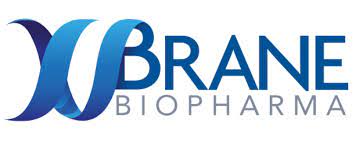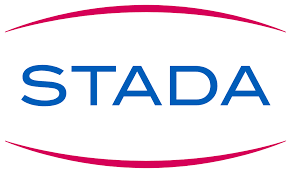- Bone Health
- Immunology
- Hematology
- Respiratory
- Dermatology
- Diabetes
- Gastroenterology
- Neurology
- Oncology
- Ophthalmology
- Rare Disease
- Rheumatology
STADA, Xbrane Ranibizumab Candidate Meets Primary End Point in Phase 3 Trial
Early study results indicate that STADA Arzneimittel and Xbrane Biopharma’s ranibizumab biosimilar is as safe and effective as the reference product, suggesting regulatory approval may be on the horizon.
STADA Arzneimittel and its partner Xbrane Biopharma said their ranibizumab biosimilar candidate (Xlucane) has demonstrated comparable efficacy to the originator (Lucentis) in a phase 3 clinical trial.
“We welcome this important step toward bringing a high-quality, cost-effective treatment option to ophthalmologists and their patients,” said Bryan Kim, global head of specialties at STADA, in a statement.
The positive trial results come after STADA launched its bevacizumab biosimilar, Oyavas, in Germany and The Netherlands in April 2021 for the treatment of colon, rectal, breast, epithelial ovarian, fallopian tube, cervical, primary peritoneal, and non-small cell lung cancers.
Ranibizumab is a vascular endothelial growth factor inhibitor used to treat wet age-related macular degeneration (wAMD) and diabetic macular edema.
The randomized, double-masked, multi-center study assessed the pharmacokinetic properties, safety, efficacy, and immunogenicity of the biosimilar in patients with wAMD. In total, 583 patients with wAMD were recruited for the study and randomized to receiving monthly injections of the biosimilar or the reference product for 1 year.
According to a statement from Xbrane, the patients were recruited from 140 clinics in 15 countries.
During the Xplore clinical trial, the biosimilar met the primary end point of equivalent efficacy in best corrected visual acuity after 8 weeks of treatment. Furthermore, there were no clinically meaningful differences between the drugs as measured by pharmacokinetic, immunogenicity, and safety profiles at 6 months.
Xbrane said it will collect additional data on secondary end points during the summer of 2021 and the complete dataset is expected to be published in a scientific journal or presented at a scientific conference as early as 2022.
STADA and Xbrane entered a codevelopment agreement for the biosimilar in July 2018 and per the terms of the agreement, will contribute equally to the development costs and share the profits after approval and marketing. STADA will oversee sales and marketing of the biosimilar in Europe and the companies’ commercialization partner Bausch + Lomb will be responsible for marketing in North America.
Xbrane and STADA are expected to submit an application for marketing authorization in Europe in the third quarter of 2021 and a Biologics License Application to the FDA during the fourth quarter of 2021, according to Xbrane.
“With ranibizumab, STADA’s growing biosimilars presence would extend beyond oncology, nephrology, osteoporosis, and autoimmune indications into the multi-billion-euro eyecare market. We look forward to continuing to work closely with our partner Xbrane on applying for regulatory approval of our biosimilar candidate in major markets,” said Kim.
If Xlucane is approved by European regulatory officials, it may have to compete alongside Samsung Bioepis and Biogen’s ranibizumab biosimilar, Byooviz (SB11), which recently received a positive recommendation from the European Medicines Agency’s Committee for Medicinal Products for Human Use late last month.
STADA Arzneimittel is headquartered in Bad Vilbel, Germany, and Xbrane Biopharma is based in Stockholm, The Netherlands.
Newsletter
Where clinical, regulatory, and economic perspectives converge—sign up for Center for Biosimilars® emails to get expert insights on emerging treatment paradigms, biosimilar policy, and real-world outcomes that shape patient care.


